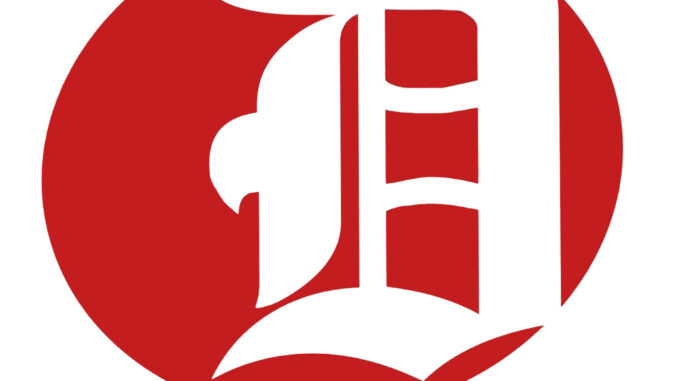
Megan Trotter | News Editor
Law student, Joshua Kirkpatrick didn’t even remember signing up for the Allegheny County Department of Human Services week-long Local Government Case Competition. However, that did not stop him from walking away with over $1,100 in cash prizes.
The annual event ran Nov. 6-11 at the DHS Area Agency on Aging building.
Started in 2007, the competition attracts students from all over the Greater Pittsburgh Area. With around 50 students participating, each enrolled in graduate programs such as public policy, social work, business and law, the competition was an intense few days.
The competition kicked off on Monday as participants were introduced to their teammates and the topic for their case challenge. Students from different universities and backgrounds were put together to create an executive summary on how to combat involuntary commitment due to mental health crisis.
Project manager for Justice Collaborations at DHS, Kate Vander Wiede, said that it was her first year running the event.
“We had a committee that helped think through some ideas and then this is just a topic that we released a report on,” Vander Wiede said. “It’s just been something that we’ve been focusing on internally at DHS. So there was interest in presenting the challenge out and getting some innovative and fresh ideas for what could be done.”
A total of 16 teams competed during the first few days of the event, but as the week progressed, the number of teams dwindled as students were eliminated.
On Thursday, six teams of finalists showed up to make their closing presentations. In the mix, there was only one Duquesne student who made it – law student Joshua Kirkpatrick.
“I actually forgot that I even signed up for this,” Kirkpatrick said. “I honestly only got involved because I thought that personally, it would be something fun to do, and while it was, it definitely was a bit more of a challenge.”
Panther Hollow, Kirkpatrick’s group’s team name, created the “ACCISS2 Mental Health Program.” The group’s summary document addressed the lack of ongoing support directed at immigrants and refugees despite their tendency to face serious challenges, such as leaving their home country, that negatively impact their mental health.
In addition to Kirkpatrick, Panther Hollow consisted of two other graduate students: Aakriti Kumar, University of Pittsburgh master’s student in Public and International Affairs, with a Human Security major and a Security and Intelligence Studies minor and Eder Hernandez, who is attending Carnegie Mellon University for Public Policy & Management.
ACCISS2 stands for “Allegheny Country Continuous Immigrant Support Services,” and took a look at Allegheny’s foreign-born population, cultural stigmas surrounding seeking treatment and the lack of linguistic preferences needed to service individuals speaking 32+ different languages aside from English.
“We wanted to have a specific approach, we didn’t just want to try and figure out a solution that could be generally applied,” Kirkpatrick said. “ So we decided to focus on immigrants in Allegheny County…they oftentimes just don’t utilize mental health services. We wanted to basically take a community approach to the problem and try to eliminate [the] stigma around mental health treatment and the distrust that exists between immigrant communities and the mental health professionals there to help them.”
From 11:30 a.m. to 5 p.m., finalists took turns presenting their proposals to a panel of judges.
Vander Wiede said that each judge at the competition had agreed to attend the event as a volunteer.
“We wanted people to be representing different sectors,” Vander Wiede said.
After a rough hour of deliberation, it was announced that team Panther Hollow had won.
The judges felt that Panther Hollow’s presentation was a highly rational intervention and had a very clear problem statement. Their presentation accurately detailed the stigma the immigrant population faces and considered issues with stigma throughout their entire program design.
Individually, each group member put roughly 24 hours worth of work, Zoom and in-person, into their presentation and left with over $1,100 in prize money.
Panther Hollow took photos with the ceremonial big check. Kirkpatrick was ecstatic to find out he could take the big check, physical representation of his win, home.
“I am so so pumped,” he said.
Despite describing the week-long event as “hectic,” Kirkpatrick felt the work had paid off and shared what he planned to do with the money.
“I’m gonna spend it. Probably living it up a little bit,” he said.
